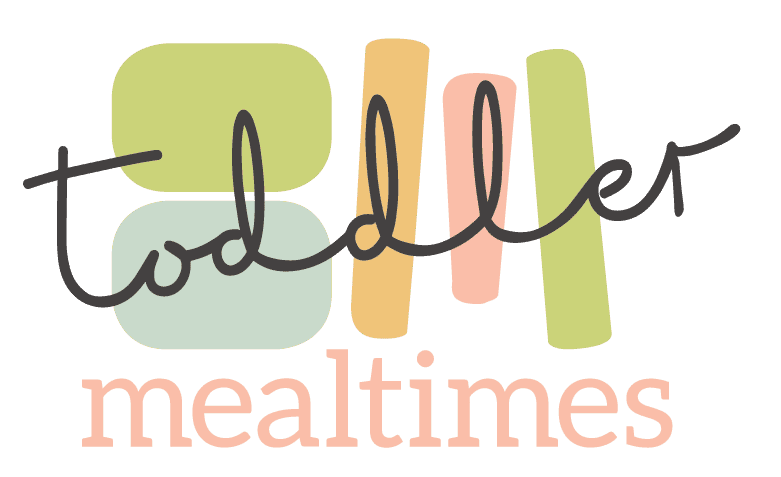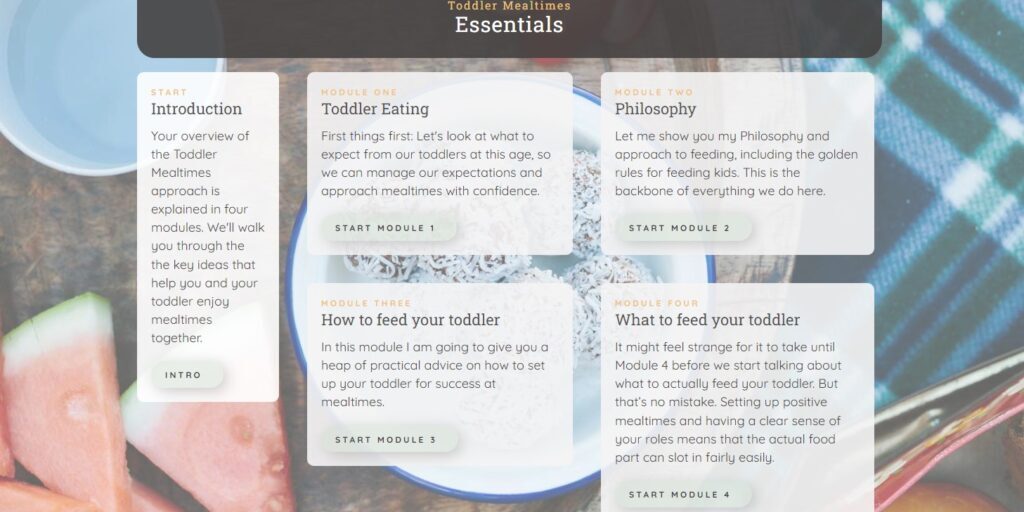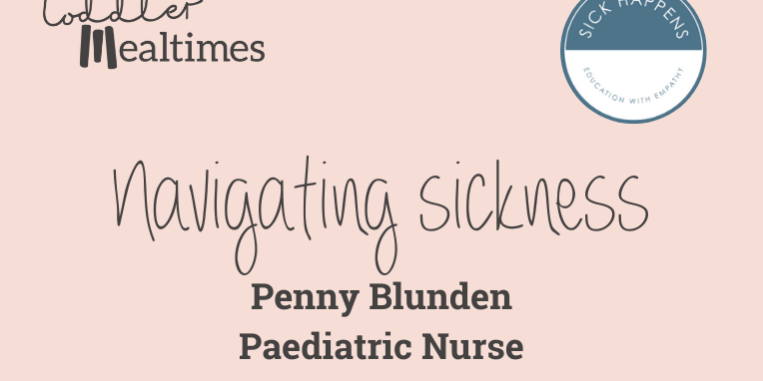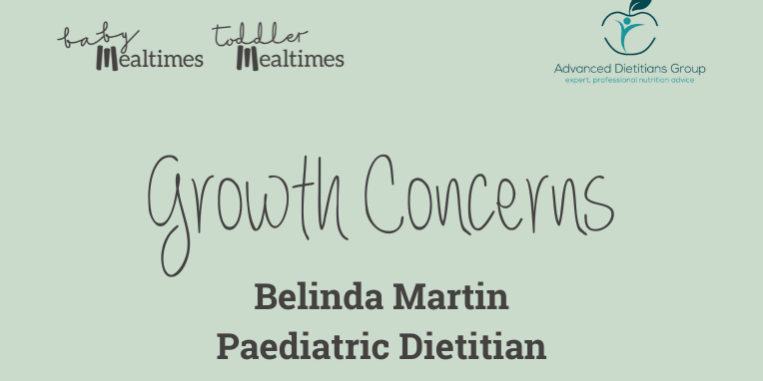Tummy voice
Can I really trust my toddler’s appetite? Sometimes my toddler won’t eat anything! I’m worried my toddler isn’t growing, can I still let my toddler decide how much they need to eat?
One of the best things we can do for our kids is to let them listen to their bodies and trust their appetite. This helps them to achieve a healthy weight across their childhood, but it can be hard for us not to override it.
Summary Trusting your toddler's tummy voice
The only person who knows how much they need to be full is your toddler.
This can feel particularly tricky if you’ve been told they’re not drinking or eating enough, their growth isn’t tracking or they are too big or too small for their age. Sometimes it might seem that health professionals can be a bit narrow with their focus, when they see you for a few minutes every few months. You know the big picture of your child’s eating, growth and health, so if you get advice that feels ‘off’, it’s ok to look for a second opinion.
When your toddler hits the typical phases of fussiness that come with toddler eating it often fires up our anxiety and worries about their wellbeing.
One of the fundamental parts of setting up our children to have a healthy relationship with food and their body is trusting their body. Your child’s body is designed to grow as they’re meant to. Comparing them to smoothed-out population trends doesn’t always translate to an individual child (learn more here).
If you need a reminder or your jobs and your toddler’s jobs, read more about my philosophy and approach for feeding children.
Listening and respecting your toddler’s tummy voice is particularly hard for parents who have gone through issues with smaller or bigger babies.
Listening to your own body is a life-long skill that many adults have lost, so at tricky times just remind yourself of what a gift this is to give your little one.




